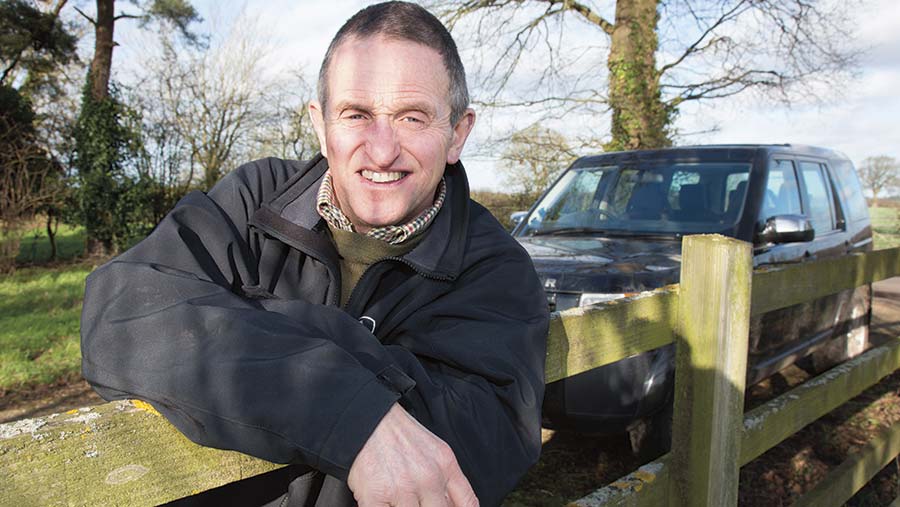Farmer Focus: Wet soils puts spring drilling on hold
 © Tim Scrivener
© Tim Scrivener My first car was a beaten-up old Mini that I bought for £60. It had sliding windows, a cranked gear lever and the starter button on the floor, and it needed lots of loving care and attention.
Over the following years I had various cars, from Land Rovers to MGs, all requiring near-constant attention, so I became a Haynes manual man, building up quite a library.
I have just added another copy to the collection. This one is entitled Fit for Farming and is produced in partnership with Men’s Health Forum and the Farming Community Network (FCN).
See also: Read more from our Arable Farmer Focus writers
It is an excellent publication and is well worth a look. Just like the car repair manuals, it gives a simple-to-understand read, but, instead of cars, focuses on health issues likely to affect farmers of both sexes, but men in particular.
Credit must go to FCN for getting involved in this project and all the other great work it does in helping farmers who, through no fault of their own, need support and advice.
Patience needed
We are just entering the third week of March and so far the drill has not left the shed. For what was a drier-than-usual winter, the soil is particularly wet and the unsettled weather is not really helping.
Instead of mauling seed into a wet seed-bed, I would much rather wait and see the crop get up and go – it makes a huge difference to weed control and general management.
However, this is like playing Russian roulette, because on our gravel soils, running out of moisture is a distinct possibility later in the season.
The problem is almost every field has at least three different soil types. While the lighter areas might drill today, the heavier areas will not.
Still, we have managed to get all 2,500t of muck out, ready to be spread for the maize, as well as all the nitrogen and sulphur fertiliser for the cereals.
The fast-moving oilseed rape has now had all its fertiliser, too. So we will wait for now.
Simon Beddows manages 1,000ha of arable land at Dunsden Green, south Oxfordshire. Cropping is cereals, oilseed rape, beans and forage maize.

